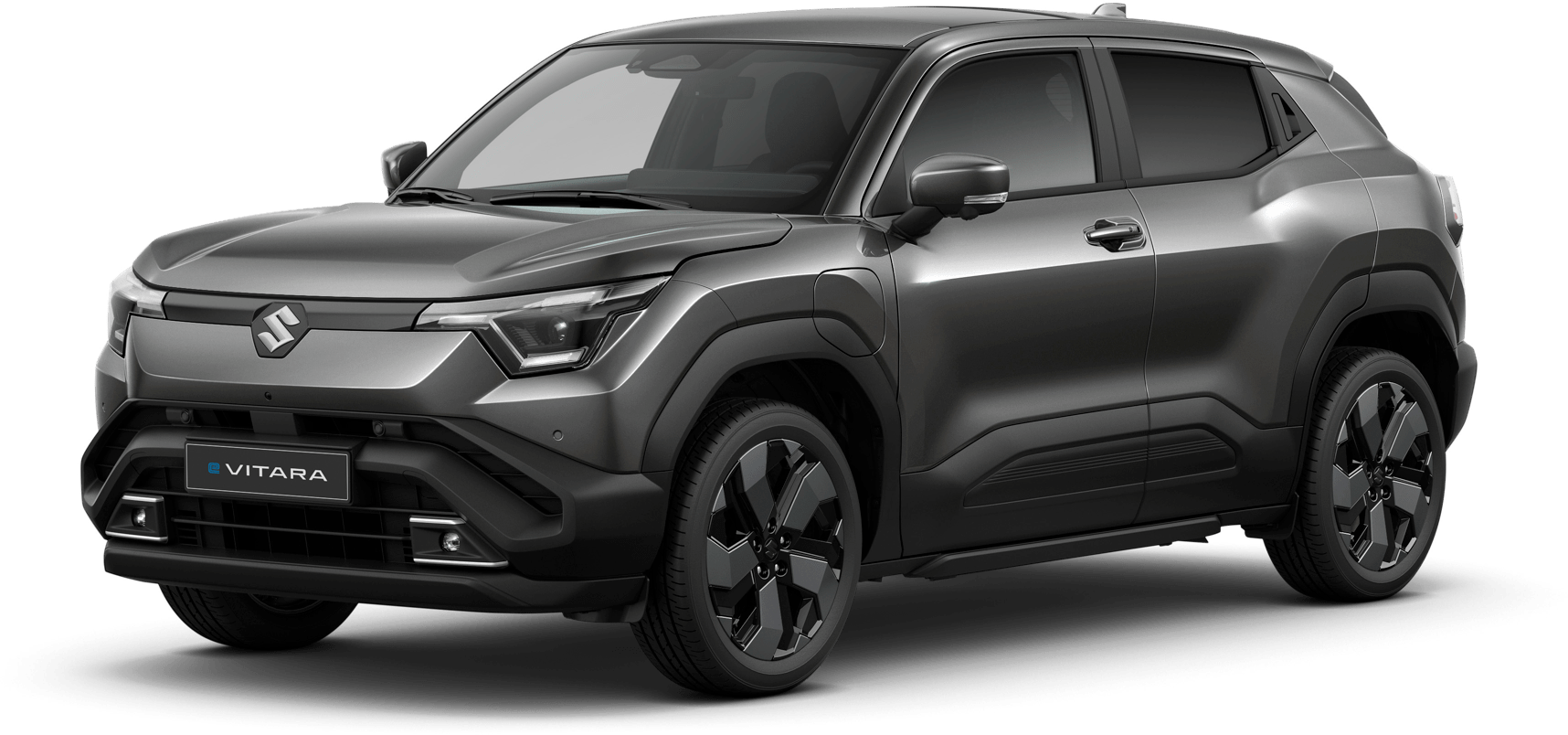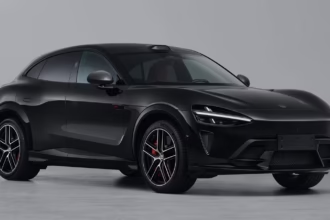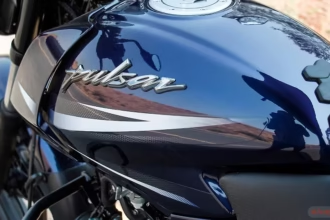Supply Chain and Policy Hurdles Slow India’s EV Ambitions
Maruti Suzuki’s highly anticipated e-VITARA, its first electric vehicle, faces delays due to regulatory and supply chain challenges, pushing its launch from late 2025 to mid-2026. Announced on June 20, 2025, this setback in the EV launch delays saga highlights vulnerabilities in India’s electric vehicle ecosystem, with long-term implications for market competition and consumer adoption of sustainable mobility.
The e-VITARA, designed to compete with Tata’s Nexon EV and Mahindra’s XUV.e8, was set to introduce Maruti’s EV launch delays strategy to capture the growing compact SUV market. However, delays in securing environmental clearances and sourcing critical components like lithium-ion batteries have stalled production. Industry reports indicate that Maruti’s reliance on imported semiconductors and rare earth magnets, coupled with stringent government regulations on EV safety standards, has created bottlenecks. These EV launch delays could cost Maruti its early-mover advantage in India’s burgeoning EV market, which saw a 25% sales surge in June 2025.
The broader impact of these EV launch delays extends to India’s automotive landscape. With EVs projected to account for 15% of vehicle sales by 2027, Maruti’s delay risks ceding ground to competitors like Tata Motors and Hyundai, who are accelerating their EV portfolios. Consumer trends show increasing demand for affordable EVs, with 60% of urban buyers prioritizing sustainability and lower running costs. The e-VITARA’s competitive pricing and Maruti’s extensive dealership network were expected to drive adoption, but delays may push cost-conscious buyers toward established models.
Government policies, such as the FAME III scheme, aim to support EV manufacturing, but bureaucratic hurdles in approving local production facilities have exacerbated the issue. Maruti is reportedly in talks with global suppliers to diversify its supply chain and reduce dependence on imports, a move that could strengthen India’s EV infrastructure in the long term. However, scaling up local production requires significant investment and time, posing challenges for meeting 2030 EV penetration targets.
This delay underscores the need for streamlined regulations and robust supply chains to support India’s EV ambitions. As Maruti navigates these challenges, its ability to deliver the e-VITARA will shape its role in the EV launch delays narrative and influence India’s transition to green mobility.






